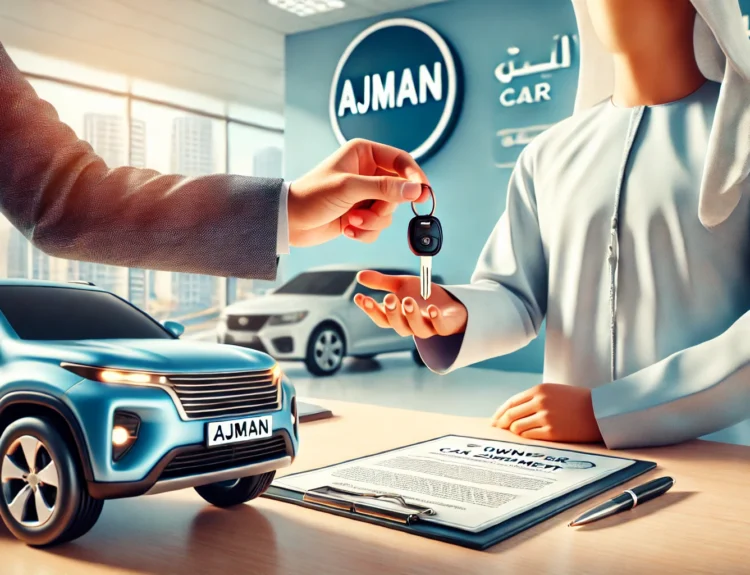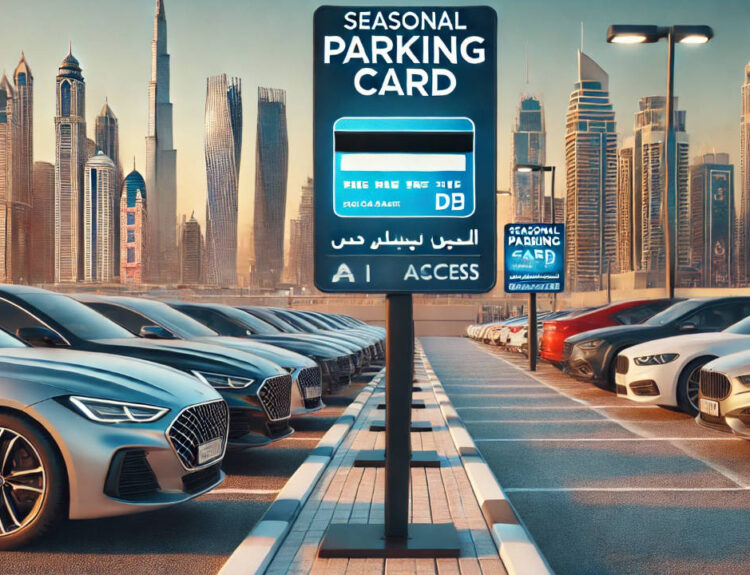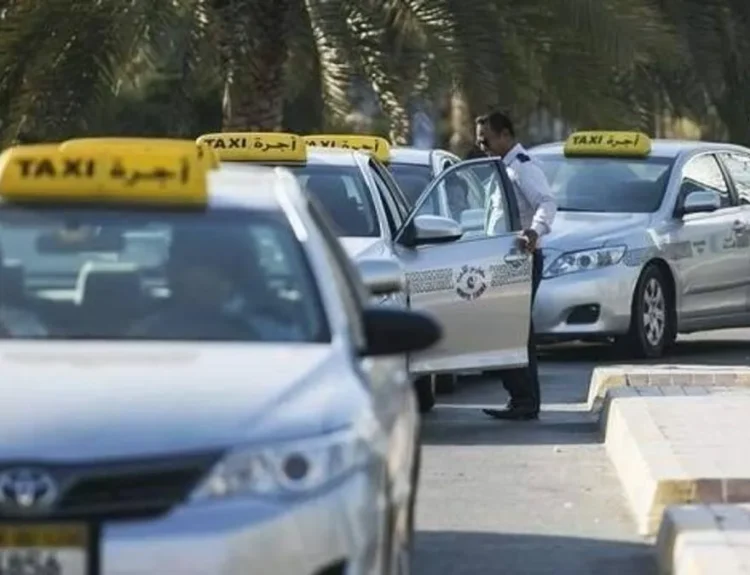The Ultimate Guide to Buying a Used Car from a Private Seller in Dubai
Purchasing a car in Dubai has never been more straightforward, especially if you’re considering buying from a private seller. Used cars in the UAE can often be found at lower prices compared to those sold through dealerships, making private sales an appealing option for savvy buyers. However, navigating the private car market requires caution and due diligence to ensure a safe transaction. Here are some essential tips for making a wise purchase.
Conduct a Comprehensive Vehicle Inspection
Before sealing the deal on any used car, it’s vital to scrutinize the vehicle’s condition. While the uninitiated can identify surface-level issues like paint damage or interior wear, enlisting the help of a trusted mechanic for a thorough assessment of mechanical systems is highly advisable. Understanding the car’s mechanical integrity will provide insight into its real market value and future maintenance costs.
For an added layer of assurance, consider utilizing services like DubiCars’ Car Valuation, which offers in-depth inspections and accurate market assessments. Additionally, you may want to arrange a visit to an authorized testing center with the seller to gain further clarity on the car’s condition.
Verify Warranty and Maintenance Contracts
New cars typically come with factory warranties that last between three to five years. If you’re eyeing a used vehicle, it’s crucial to determine whether it still retains an active warranty or maintenance contract. This can be a significant advantage for ongoing ownership costs, particularly if the car is less than five years old. Always ask the seller about the status of these contracts, and if there’s any uncertainty, don’t hesitate to reach out to the manufacturer for verification.
Special Considerations for Electric Vehicles
As the popularity of electric cars rises in Dubai, prospective buyers must exercise heightened scrutiny, particularly concerning the battery health. If the used electric vehicle has been in an accident, check for potential battery damage that may not have been addressed.
Inquire about the battery’s remaining capacity and average charging time—older batteries may not only lose capacity but can also take longer to charge. Assessing battery health is crucial before committing to a purchase.
Don’t Skip the Test Drive
A test drive is non-negotiable when it comes to evaluating a used car. It’s your opportunity to identify any mechanical irregularities, including issues with the engine, suspension, or steering. Listen for strange noises or vibrations and consider your comfort level with the vehicle’s size and handling—will it accommodate your typical passenger load? Is the trunk spacious enough for your needs? Such questions can significantly impact your buying decision.
Assess Your Financing Options
Before embarking on your car search, take a moment to evaluate your budget. Dubai’s car market offers options ranging from AED 10,000 to over AED 5 million. Decide how you will finance your purchase—whether through savings, by selling your current vehicle, or via a bank loan.
If considering a loan, consult with your bank beforehand to determine how much they are willing to lend and any age restrictions; vehicles older than five years may not qualify for financing. Be aware that some banks only extend loans for cars sold through dealerships, so clarify your options.
Handle the Paperwork Diligently
Once you’ve agreed on a price and confirmed that all fines are settled, it’s time to transfer the vehicle’s registration. Ensure that all paperwork is up-to-date and in order to facilitate a smooth transfer process. Familiarize yourself with the specific protocols required for transferring vehicle ownership in Dubai, which will prevent any potential hiccups during this essential stage.
Clear Outstanding Salik and Traffic Fines
This vital step is often overlooked. Prior to finalizing the sale, verify that the vehicle has no unresolved traffic fines or Salik dues. If there are outstanding charges, request that the seller clears them before proceeding to the paperwork stage. Fines can usually be settled through the Dubai Police app or website, or in person at local police stations.
Choose a Safe Payment Method
Finally, once both parties have reached a consensus on the price, the transaction can be finalized. Exercise caution during this phase: complete the payment only when all paperwork is handled. While cash is a common payment method, it poses certain risks—especially for high-value transactions exceeding AED 100,000. Opting for bank transfers is often a far safer choice, providing a record of the transaction and securing your purchase.
Conclusion
Navigating the process of buying a used car in Dubai from a private seller doesn’t have to be daunting. By following these steps and performing due diligence, potential buyers can ensure they make informed and secure choices in the vibrant UAE auto market. Happy car hunting!
Source:www.dubicars.com




